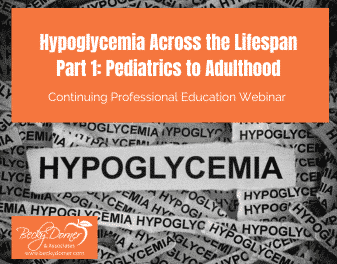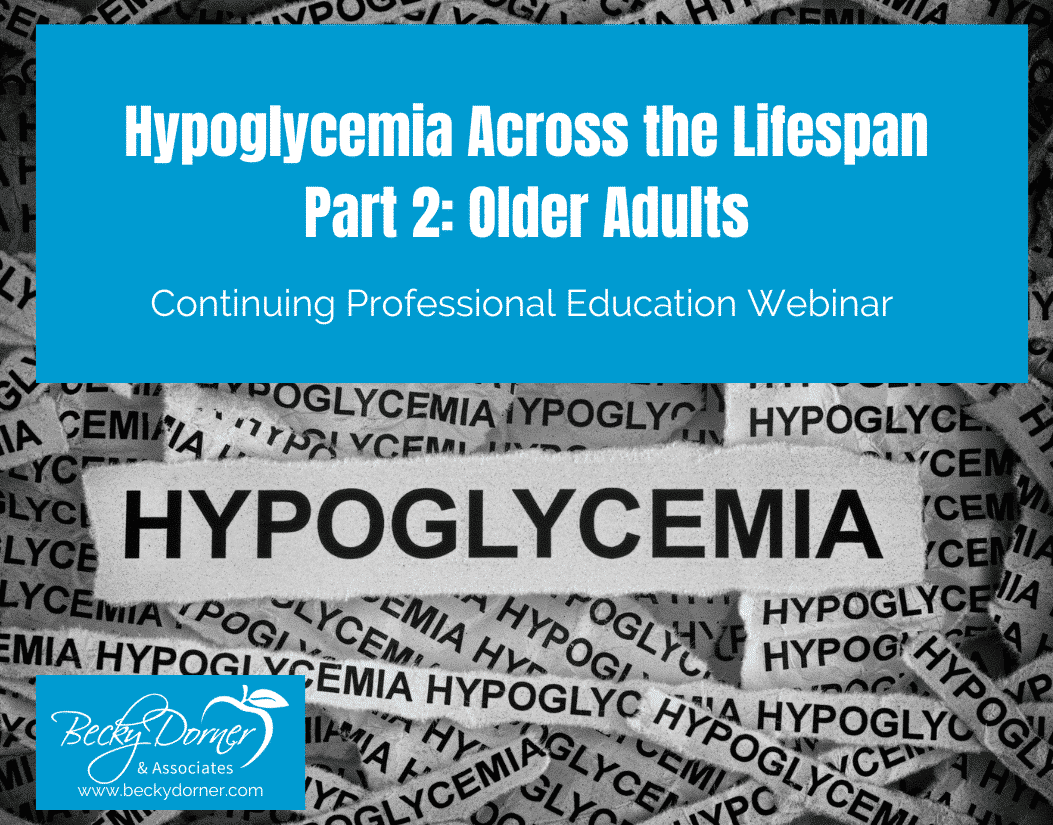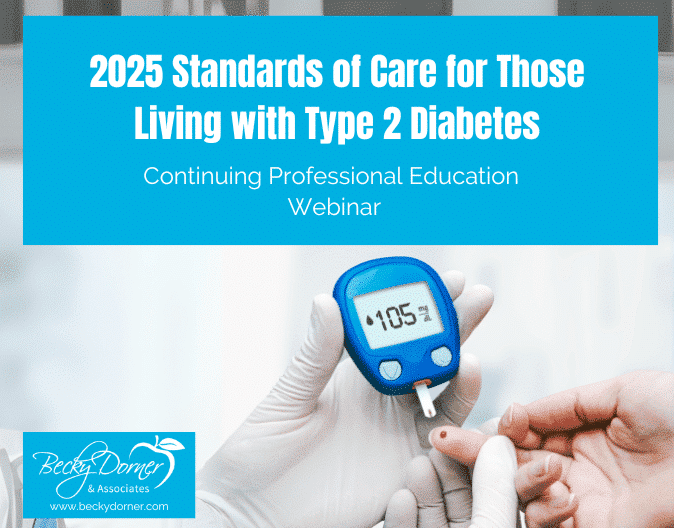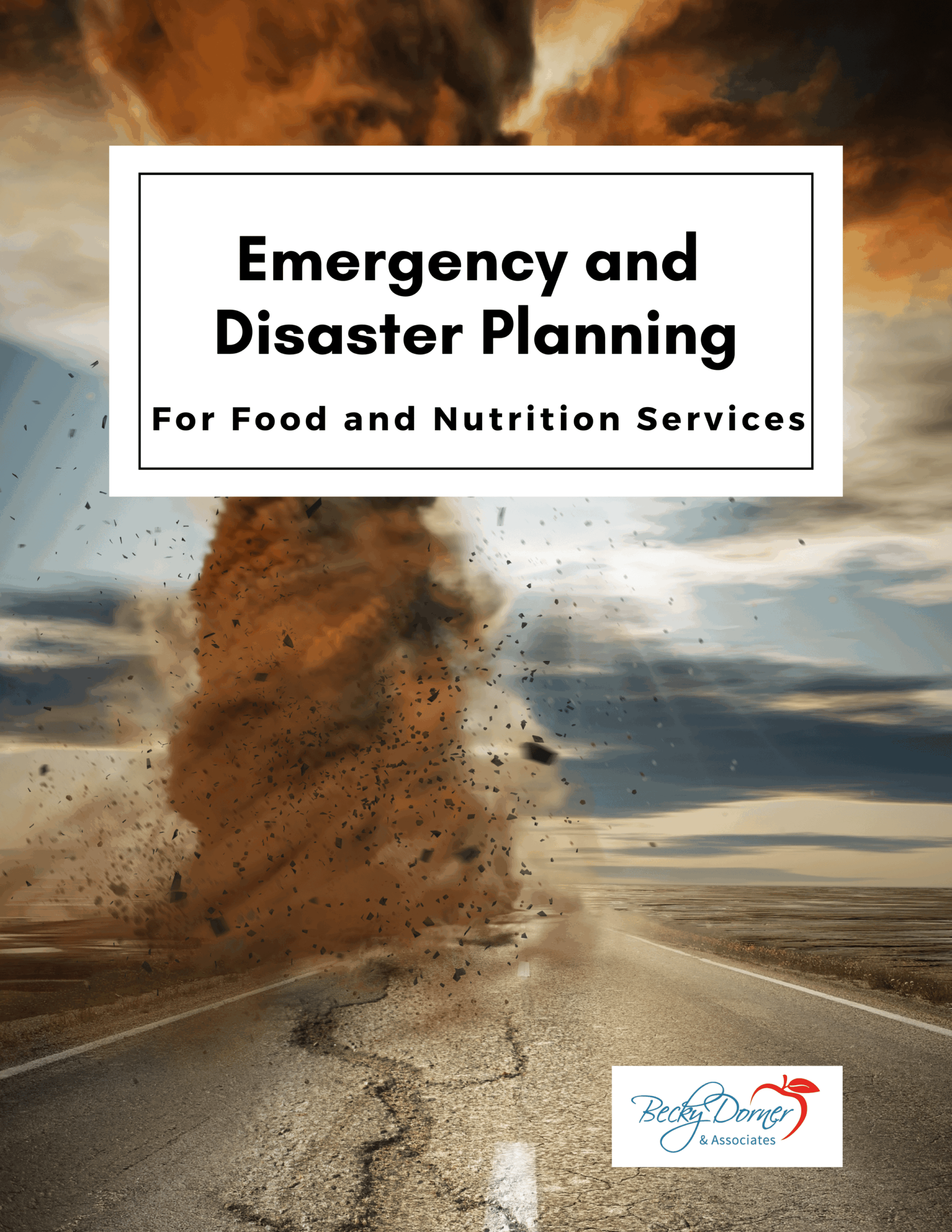
Mental Health Month comes during a time that we continue to navigate the effects of the COVID-19 pandemic. Although many people are getting vaccinated and there seems to be a light at the end of the tunnel, we can’t ignore the profound effects of the pandemic on mental health that will likely take time to overcome.
It’s generally understood that older adults tend to be better at regulating their emotions and mental wellbeing than younger people. But the COVID-19 pandemic has had serious effects on the aging population, especially because they are the group that has been hit the hardest with complications and deaths from the virus.
Observing this year’s Mental Health Month is more important than ever. Learn more about the current state of mental health and what you can do to help with the resources below!
Mental Health Month 2021: Tools 2 Thrive
Mental Health America
Mental Health America encourages organizations to join them in their quest to circulate the importance of mental health and increase awareness of the struggles that can occur with mental health. They are providing “Tools 2 Thrive” that people can actually use to help improve their mental health.
The Mental State of the World Report 2020
Sapien Labs
The Mental State of the World Report 2020 is the first of its kind, providing a view of the internet-enabled English speaking population in eight countries. The report covers the aggregate mental state of the world, mental wellbeing by country, lifestyle factors impacting mental health and more.
Older Adults and the Mental Health Effects of COVID-19
JAMA Network
Older adults experienced disproportionately greater adverse effects from the COVID-19 pandemic than younger people. More complications, higher mortality rate, and a greater disruption to their daily routines are just a few of the struggles that have greatly impacted the mental health of older adults.












